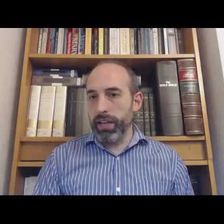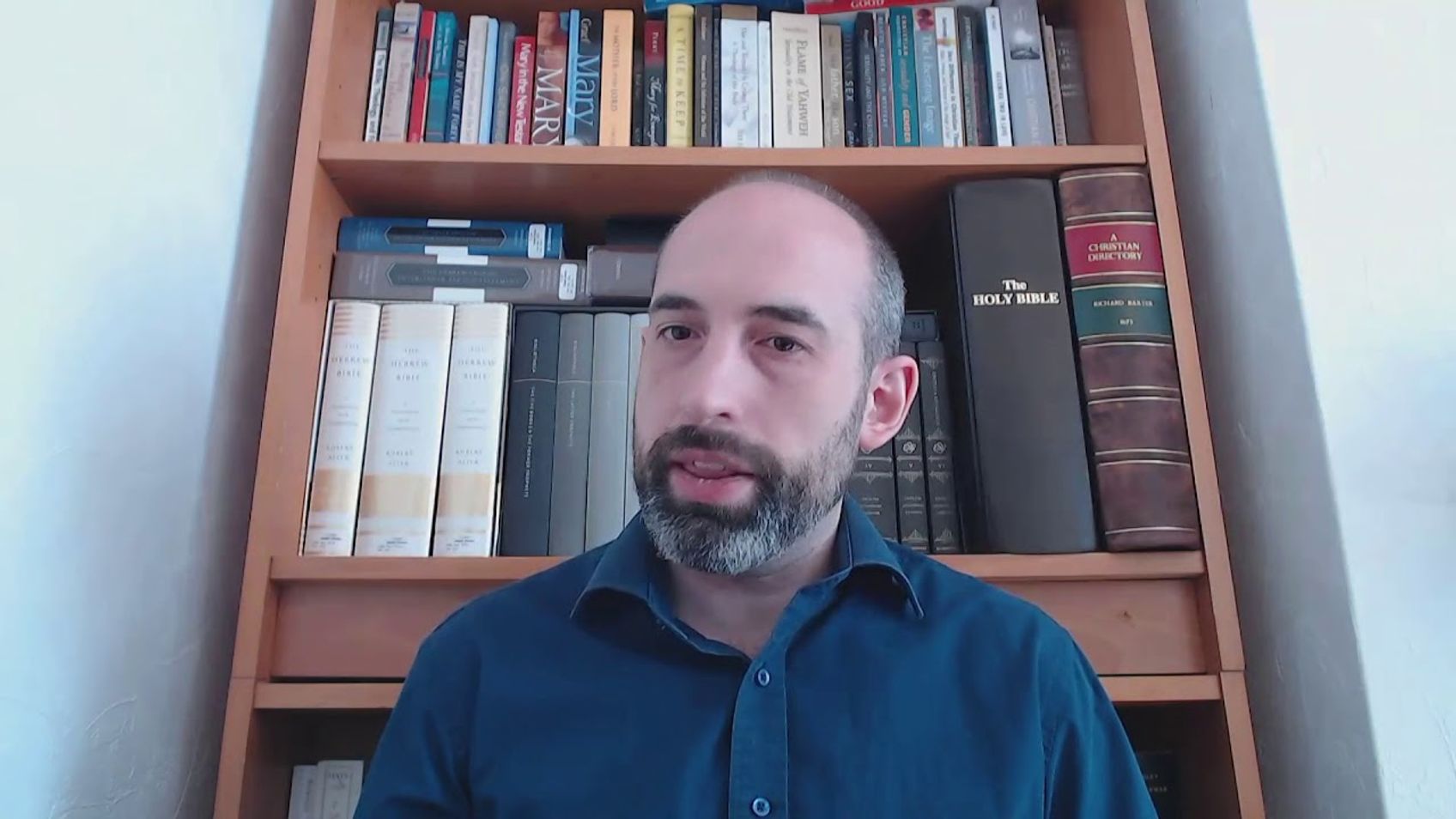Q&A#148 What Makes Gathered Worship Different?

Today's question: "A brother challenged me after reading my book, where I talk about how sacred space and time are transformed through the Lord Jesus from being temple- and sabbath-oriented, to being person- and whole-life-oriented. He suggested that I am inconsistent to simultaneously hold that attending church is worship per se, and that we enter the heavenly court during this time (a view I briefly argue for here: https://itsgoodtobeaman.com/attending-church-is-entering-the-heavenly-court/).
He linked me to the work of a brother of yours, Tony Payne of the Sidney Anglicans, who argues for a view in which attending church is not any more worship than any other part of life, but merely an embodiment and acting-out of the communion we have at all times in the Lord Jesus—a view he dubs the "gathered in heaven" model of church: https://matthiasmedia.com/briefing/2003/11/worship-iii-the-gathering-thinking-afresh-about-church/.
I'm sympathetic to Tony's view, but I equally find it hard to abandon the idea that meeting on the Lord's Day is especially worship in some sense (perhaps something like ritual worship as opposed to mundane worship). Similarly, although I agree that we are, at all times, in the presence of God through his Spirit, there does nonetheless seem something significant about the symbolic representation of drawing near to his throne, which actually does draw heaven and earth together in a way that isn't true during the ordinary course of life. One possible avenue of relieving this tension that has occurred to me is in the threefold intensification of sacred space in the temple itself; can we perhaps correlate the "mundane" worship of Rom. 12:1 to service in the courtyard, while the "ritual" worship I see hinted at in Acts 13:2; 1 Cor. 14:25 is service in the Holy Place, with Jesus' everlasting service being in the Holy of Holies?"
My blog for my podcasts and videos is found here: https://adversariapodcast.com/. You can see transcripts of my videos here: https://adversariapodcast.com/list-of-videos-and-podcasts/.
If you have any questions, you can leave them on my Curious Cat account: https://curiouscat.me/zugzwanged.
If you have enjoyed these talks, please tell your friends and consider supporting me on Patreon: https://www.patreon.com/zugzwanged. You can also support me using my PayPal account: https://bit.ly/2RLaUcB.
The audio of all of my videos is available on my Soundcloud account: https://soundcloud.com/alastairadversaria. You can also listen to the audio of these episodes on iTunes: https://itunes.apple.com/gb/podcast/alastairs-adversaria/id1416351035?mt=2.
More From Alastair Roberts






More on OpenTheo















